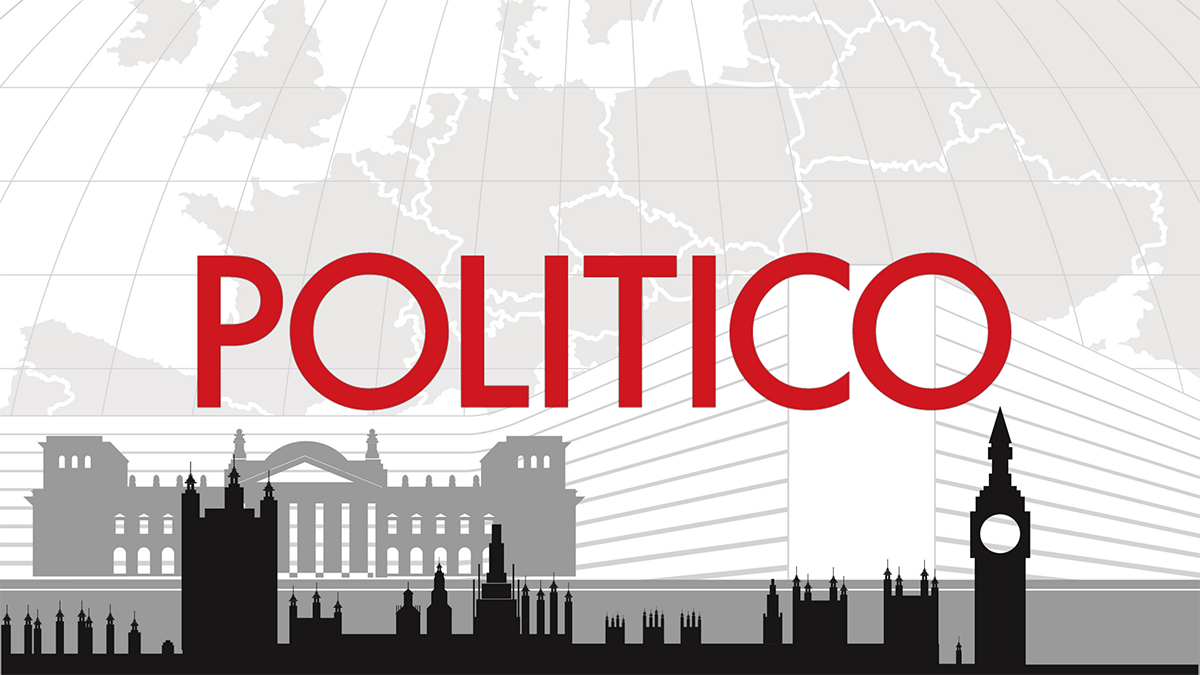Politics
Portugal Local Elections Show Tight Races in Major Cities

Exit polls for Portugal’s local elections held on March 10, 2024, indicate a highly competitive landscape in the major cities of Lisbon and Porto. The incumbent center-right Mayor of Lisbon, Carlos Moedas, and his Socialist Party rival, Alexandra Leitão, are projected to have received between 37 percent and 42 percent of the vote. Meanwhile, in Porto, the race remains too close to call between conservative candidate Pedro Duarte and former Member of the European Parliament Manuel Pizarro, also representing the Socialist Party.
The exit polls, conducted by the Catholic University of Portugal and reported by state broadcaster RTP, reveal that the far-right Chega Party has failed to secure victories in any major city. Despite this, Chega is positioned to act as a potential kingmaker in several municipalities, having run in 307 of the country’s 308 city councils.
In the southern Algarve region, separate exit polls commissioned by SIC television show that Socialist candidate António Pina appears to have garnered the most votes in Faro. Chega had anticipated strong support in this area, targeting voters who feel overlooked by the centralized governance of Portugal. The party’s performance in Sintra, the second-most populous municipality, mirrors this trend, with far-right influencer Rita Matias projected to finish in third place.
Housing affordability dominated the election discourse, with voters expressing urgent demands for local leaders to address soaring home and rental prices. This election cycle is notable for its intensity, as term limits and the recruitment of dozens of mayors for national office have resulted in no incumbents running for reelection in nearly half of Portugal’s 308 municipalities.
Voter turnout was significantly affected, with projections indicating that between 43 percent and 48 percent of eligible voters abstained from casting their ballots. Participation in municipal elections has been on a steady decline since 2009, evidenced by a 46 percent abstention rate during the last elections in 2021. The ongoing trend of voter fatigue is compounded by the fact that Portuguese citizens have faced three national elections and a European Parliament vote since 2023.
Looking ahead, Portuguese voters will soon return to the polls in January 2025 to select a successor for outgoing President Marcelo Rebelo de Sousa. Among the candidates are Chega President André Ventura and Admiral Henrique Gouveia de Melo, who is recognized for his leadership during the Covid vaccine rollout. However, his candidacy has raised concerns among those hesitant about a military figure assuming the presidency.
As the results from this election remain closely contested, the implications for local governance and potential shifts in political power in Portugal are yet to unfold.
-

 Top Stories3 months ago
Top Stories3 months agoTributes Surge for 9-Year-Old Leon Briody After Cancer Battle
-

 Entertainment4 months ago
Entertainment4 months agoAimee Osbourne Joins Family for Emotional Tribute to Ozzy
-

 Politics4 months ago
Politics4 months agoDanny Healy-Rae Considers Complaint After Altercation with Garda
-

 Top Stories4 months ago
Top Stories4 months agoIreland Enjoys Summer Heat as Hurricane Erin Approaches Atlantic
-

 World5 months ago
World5 months agoHawaii Commemorates 80 Years Since Hiroshima Bombing with Ceremony
-

 Top Stories3 months ago
Top Stories3 months agoNewcastle West Woman Patricia Foley Found Safe After Urgent Search
-

 Top Stories5 months ago
Top Stories5 months agoFianna Fáil TDs Urgently Consider Maire Geoghegan-Quinn for Presidency
-

 World5 months ago
World5 months agoCouple Convicted of Murdering Two-Year-Old Grandson in Wales
-

 World5 months ago
World5 months agoGaza Aid Distribution Tragedy: 20 Killed Amid Ongoing Violence
-

 World5 months ago
World5 months agoAristocrat Constance Marten and Partner Convicted of Infant Murder
-

 Top Stories4 months ago
Top Stories4 months agoClimbing Errigal: A Must-Do Summer Adventure in Donegal
-

 Top Stories4 months ago
Top Stories4 months agoHike Donegal’s Errigal Mountain NOW for Unforgettable Summer Views








